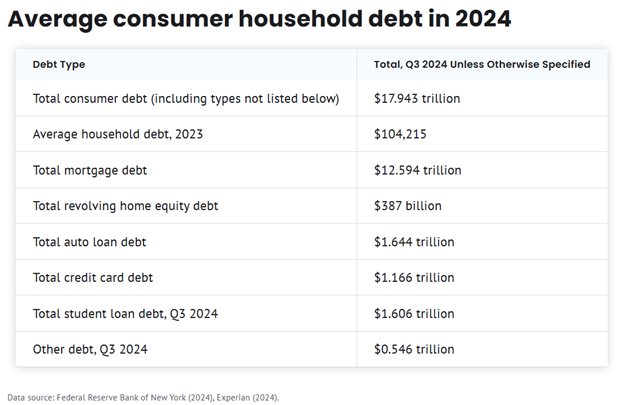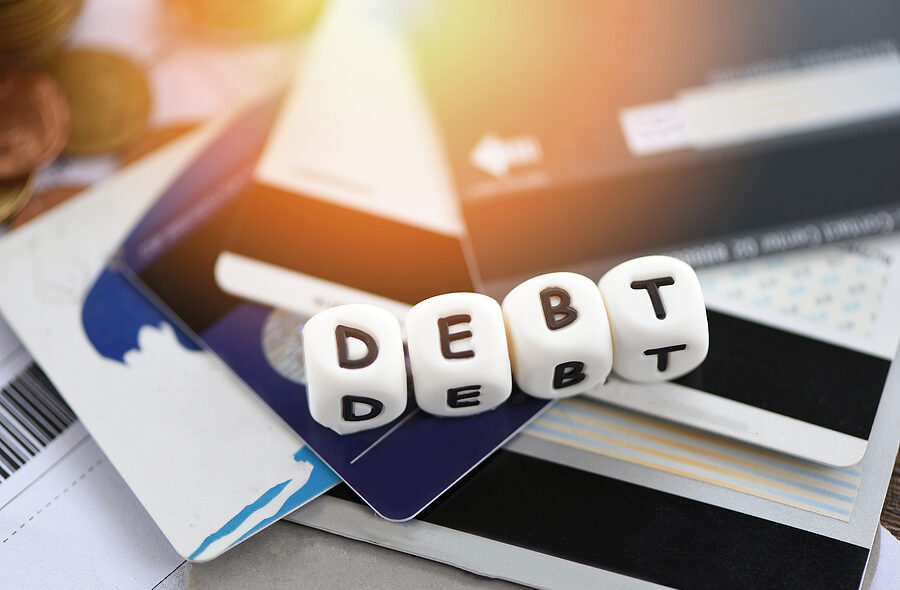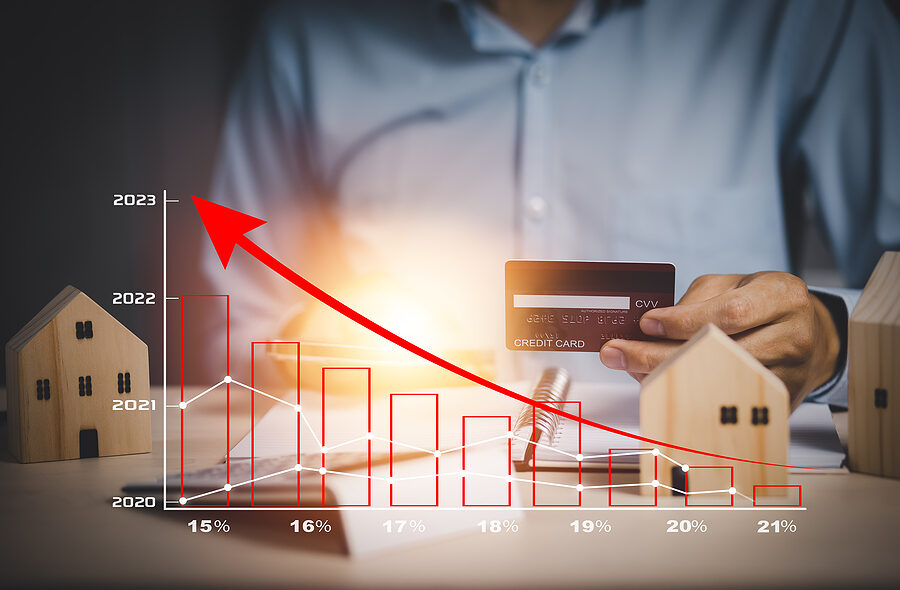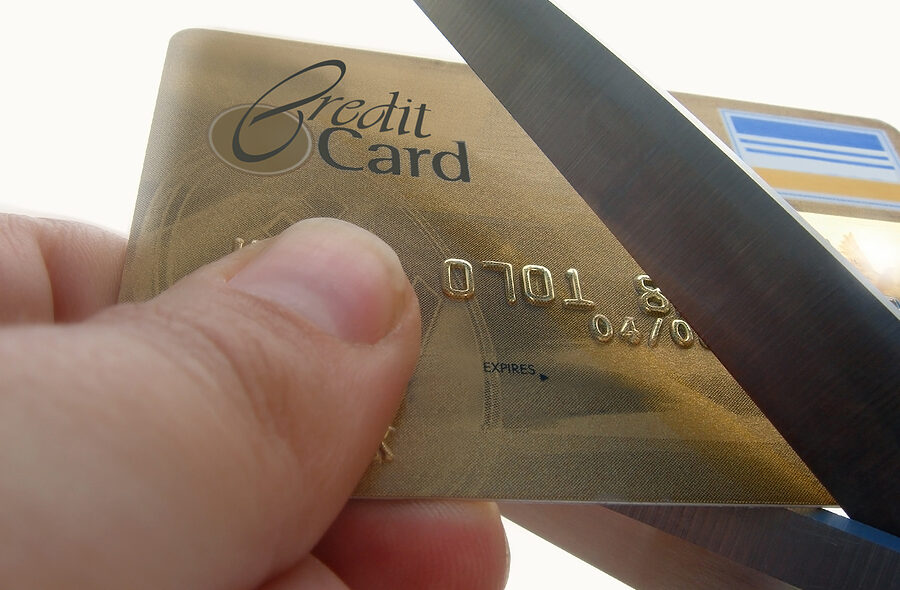Today, as the U.S. is facing economic uncertainty and high inflation, consumers are feeling an increase in financial pressure. Everyday costs are on the rise, and struggling to afford the basics is a challenge for many.
The result? Higher levels of debt are becoming more widespread.
Debt can cause a lot of damage, and not just to your credit score. Carrying any amount of debt can be stressful, but carrying substantial amounts of debt can be debilitating to a consumer’s emotional well-being. Credit card debt can cause stress, which can lead to depression, anxiety, and other health problems.
Over half of the adults in the U.S. with a debt problem are also living with a mental health issue, according to a study from the Royal College of Psychiatrists.
High levels of debt can also lead to stress and arguments within marriages. In fact, arguments about money are one of the top causes of divorce in America, after infidelity. Debt and stress often go hand in hand. It’s natural to worry about debt and if you will ever get out of it.
According to the Stress in America survey conducted by the American Psychological Association, 87 percent of Americans reported the rising cost of living as a significant source of stress. The survey also found an increase in the percentage of Americans stressed about the economy, and finances in general.
Click here to read more.
If you have questions on this topic or are in a financial crisis and considering filing for bankruptcy, contact an experienced Miami bankruptcy attorney who can advise you of all of your options. As an experienced CPA as well as a proven bankruptcy lawyer, Timothy Kingcade knows how to help clients take full advantage of the bankruptcy laws to protect their assets and get successful results. Since 1996 Kingcade Garcia McMaken has been helping people from all walks of life build a better tomorrow. Our attorneys’ help thousands of people every year take advantage of their rights under bankruptcy protection to restart, rebuild and recover. The day you hire our firm, we will contact your creditors to stop the harassment. You can also find useful consumer information on the Kingcade Garcia McMaken website at www.miamibankruptcy.com.









